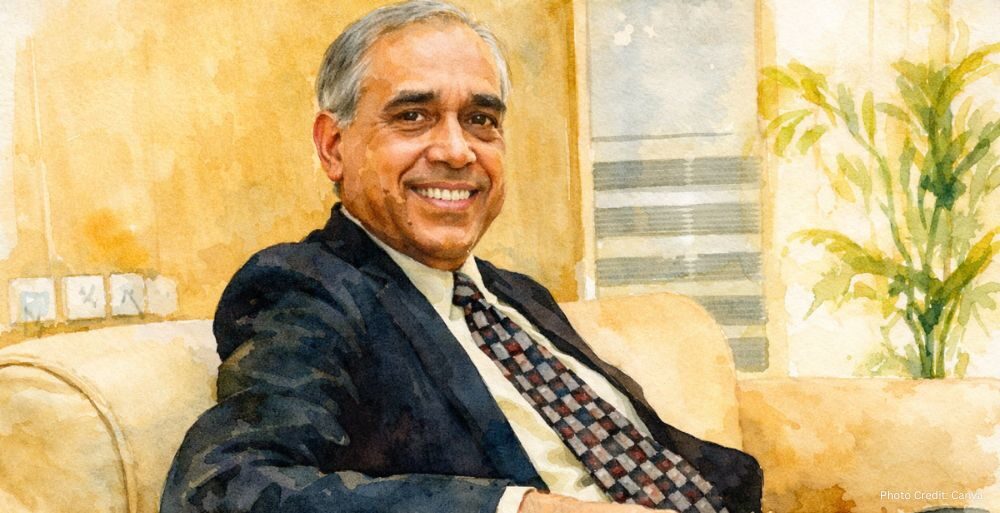Political scientist Mahmood Mamdani is observing a shift in U.S. politics: South Asian voter communities are increasingly asserting their influence, especially in states pivotal to national elections. Once considered quiet participants, these communities are now organizing, speaking out, and demanding recognition on issues that affect them directly.
Mamdani notes that South Asian Americans are no longer content with symbolic engagement. Instead, they are raising their voices on immigration reform, foreign policy, healthcare, and economic opportunity. Their growing activism is reshaping local and national campaigns, as candidates realize that courting the South Asian vote is no longer optional.
He argues that this transformation reflects deeper assimilation and confidence: younger generations born or raised in America feel both empowered and connected to their heritage, yet believe in asserting their stakes in U.S. governance. The result is a community increasingly viewed as a swing demographic whose preferences could tip competitive races.
Observers believe political parties will need to adapt. Token outreach is not enough—campaigns must genuinely engage with issues dear to South Asian voters and demonstrate long-term commitment. As Mamdani sees it, the rise of South Asian political activism represents more than demographic change; it signals a new era of participatory democracy in America.















